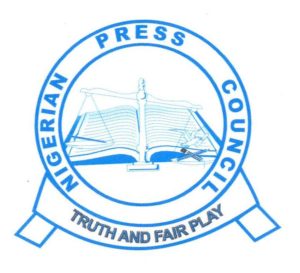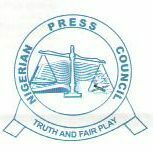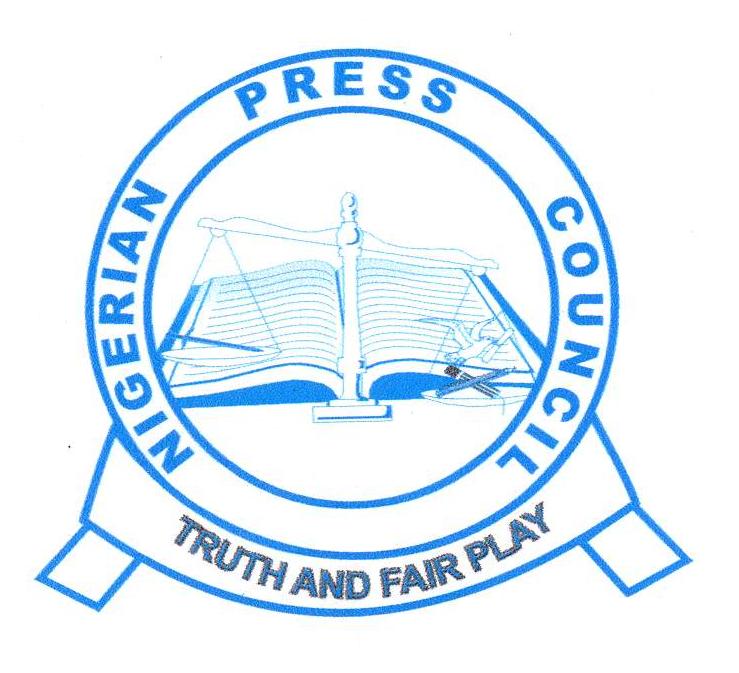NIGERIAN PRESS CO UNCIL STATEMENT ON WORLD PRESS FREEDOM DAY
UNCIL STATEMENT ON WORLD PRESS FREEDOM DAY
PRESS FREEDOM AND ETHICAL RESPONSIBILITY
Today, we mark May 3 World Press Freedom Day; as proclaimed by the United Nations General Assembly in December 1993.
The essence is firstly, to raise awareness on the importance of freedom of the press; secondly, to remind governments of various countries of their duty to respect and uphold the right to freedom of expression and thirdly, to the press, to exercise the freedom with utmost sense of responsibility.
It is a day to emphasise that freedom of the press remains the bulwark of democratic governance; as it emphasizes the obligation of nations to Article 19 of the Universal Declaration of Human Rights that: “Everyone has the right to freedom of opinion and expression; this right includes freedom to hold opinions without interference and to seek, receive and impart information and ideas through any media and regardless of frontiers”.
This universal observation of the day which evolved from a conference on promoting an Independent and Pluralistic African Press, must occasion in us as journalists, that freedom of the press derives from freedom of expression and ought to be exercised with utmost high sense of duty, responsibility and professionalism.
The Windhoek Declaration, apart from emphasising the establishment, maintenance and fostering of an independent, pluralistic and free press also defined an independent press, to mean a press independent from governmental, political or economic control or from control of materials and structure essential for the production and dissemination of newspapers, magazines and periodicals.
The questions pertinent to pose today are:
Is the press independent of government?
Is the press editorially independent from proprietorial, political or economic control?
Is the press independent from control of materials and infrastructure essential for the production and dissemination of information?
In our nation, while labour laments about take home pay, many a journalist are known to work with no pay for months.
But as important as adhering to the Code of Professional ethics is germane to the integrity, professionalism and Ethos, so does not paying journalists due salaries and allowances make them susceptible to gratification and other inducements.
As today is an opportunity to assess the state of press freedom throughout the world, defend the media from attacks in the course of its duty as well as pay tribute to journalists who have lost their lives in the line of duty, pertinently, And above all, to the living journalists, let it be stressed that NO STORY IS WORTH DYING FOR – Report the news as safely as possible, don’t become the news to be reported in an obituary. Be the diligent but circumspect journalist ALIVE and not the Resourceful, Hardworking, but dead journalist.
The NUJ has done well for the insurance initiative. It is worthy to recommend all journalists to subscribe to it. Also worthy of commendation is the on-going efforts by the NUJ and other partners to review our code of Ethics.
The codes of practice of journalism the world over share common reverence to the elements of truthfulness, accuracy, objectivity, fairness and balance in the information they purvey. As purveyors of information and opinions as well as upholders of public accountability, we must be reminded to be faithful to our ethics and exhibit a high sense of professional and social responsibility.
This sense of duty and responsibility is significant to journalism, which whether in print or electronic reinforces integrity and a high degree of public trust. To earn, maintain and sustain this trust, it is operationally and morally imperative for media professionals to shun unbridled sensationalism. We must at all times subject our output to the litmus test of “is it the truth, is it fair, is it objective, is it balance and is it socially and professionally responsible”?. Such veracity tests should be the armour of our integrity.
In instances where the veracity of these elements are called to question, a medium or journalist should not hesitate in either retracting, granting right of reply or even rendering apology for inadvertent errors.
As we join our counterparts the world over to mark this year’s Press freedom Day, the Nigerian Press Council enjoins the press to use the occasion to self evaluate its duty to the public and continue to hold those in governance accountable while also being socially and ethical responsible and accountable to the public.
All stakeholders, NUJ, NPAN, NGE, and BON and indeed APCON, NBC and NIPR should continue to engender high professional standards within our fraternal industry.
Nigerian Press Council on 2013 World Press Freedom Day.

